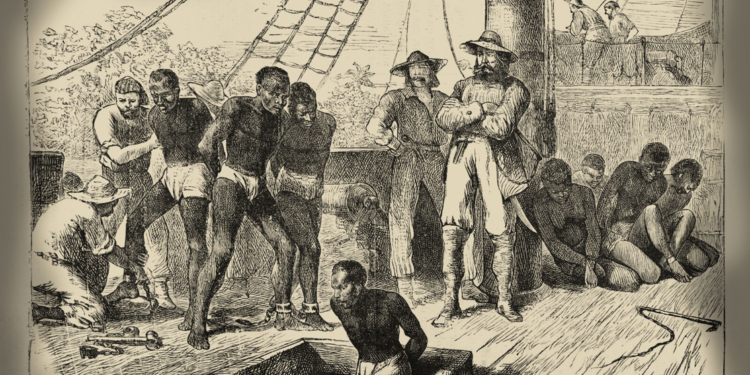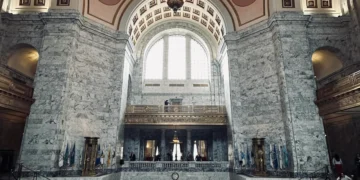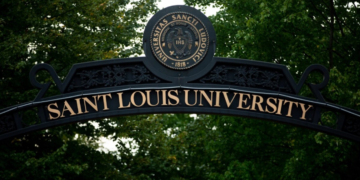Aug 29, 2024 Story by: Editor
AMHERST — A five-member committee that will engage regularly with the Black community in Amherst to make recommendations on the distribution of reparations funds may soon be formed by the Town Council.
Recently, the council’s Governance, Organization, and Legislation Committee approved the charge for the Amherst Black Reparations Committee, marking the final step before its establishment by the Town Council, which could occur during one of its September meetings.
The goal is to create a committee whose members will be appointed by Town Manager Paul Bockelman. This committee will review proposals for utilizing up to $100,000 annually to address historical injustices against residents of African heritage.
While the reparations committee will not be able to distribute money directly to individuals without state legislation, it can support the establishment of a youth center led by Black, Indigenous, and other people of color, focusing on programming that meets the needs of young people of African descent. Other potential initiatives include increasing affordable housing and homeownership opportunities, as well as creating a municipal program to teach entrepreneurship skills.
Key responsibilities of the committee will include supporting the implementation of the recommendations from the African Heritage Reparations Assembly’s 37-page final report, released last October; accepting proposals from the community through a process defined by the committee; providing recommendations to the Town Council based on the priority and feasibility of actions; consulting with the Black community regularly about how reparations funds should be allocated; and collaborating with other town committees and departments on reparative projects with shared objectives.
The council committee, led by District 5 Councilor Ana Devlin Gauthier, has eliminated any role for the permanent standing committee in the financial aspects of reparations, including identifying additional funding sources for reparative justice initiatives.
Initially, the plan was to allocate $2 million over ten years to support municipal reparations initiatives, such as youth programs and assistance for first-time homebuyers. However, town officials have expressed concerns that the town’s cannabis revenues, which are intended to fund reparations, are lower than expected and may not reach the $2 million target.
Earlier this summer, Irv Rhodes and Michele Miller, members of the African Heritage Reparations Assembly, urged councilors on the Finance Committee to identify alternative sources for reparations funding. Source: Gazette Net

















